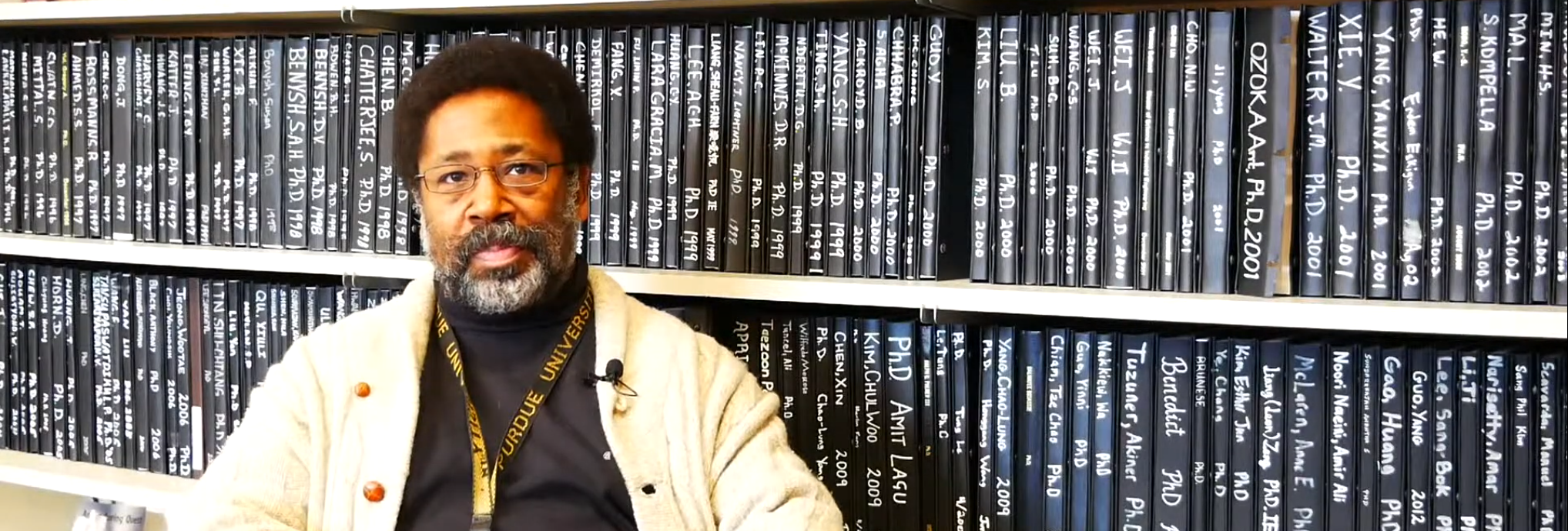

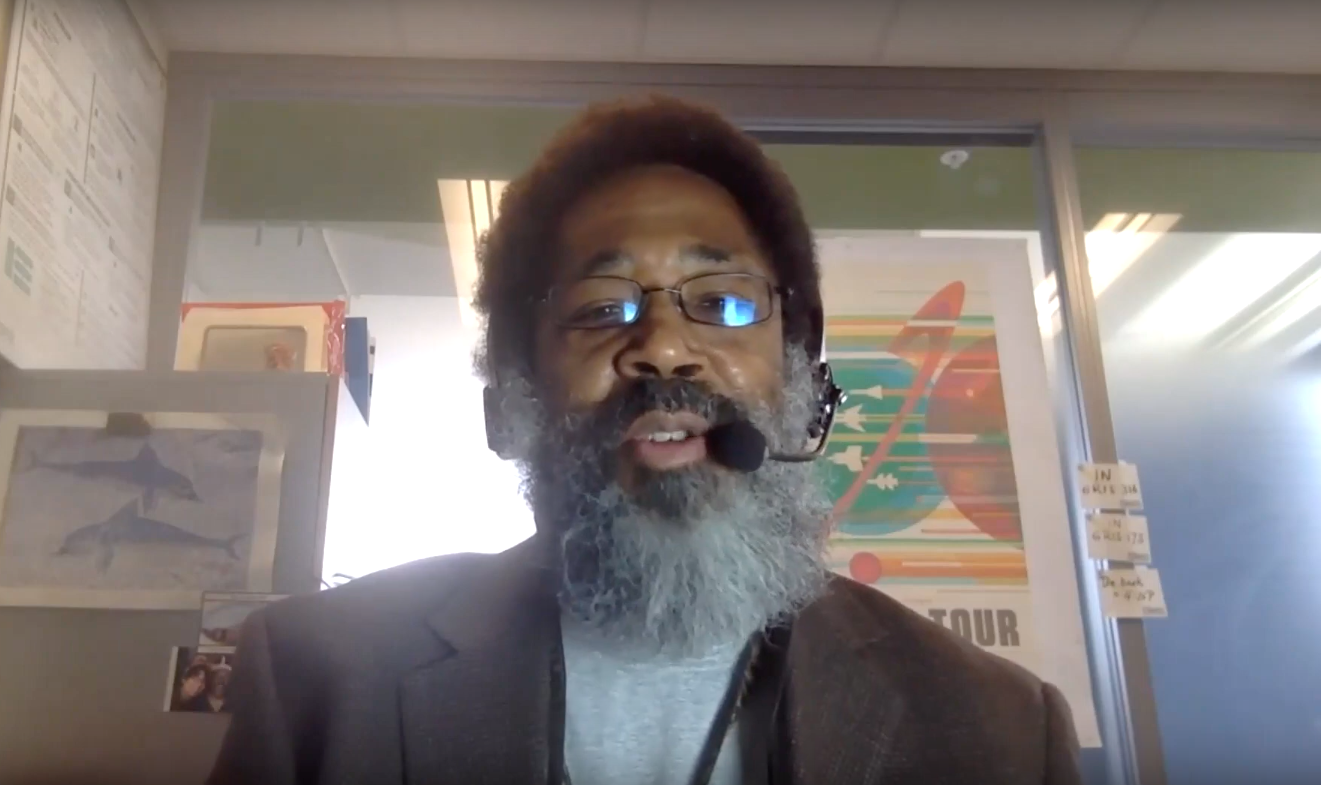
Prof. Caldwell gives a virtual guest lecture to students and faculty at Clemson University.
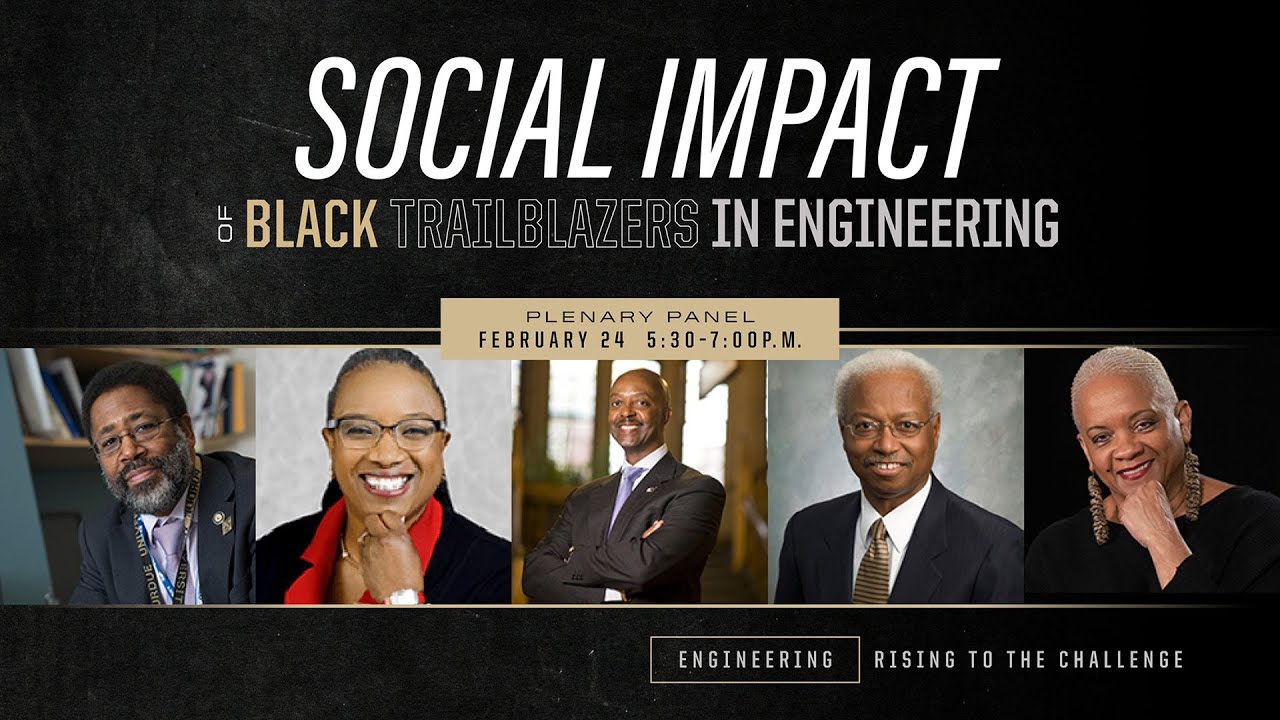
Purdue Engineering held a Plenary Panel where Black engineering academics and entrepreneurs, trailblazers in their own right, discussed what leadership looks like in 2020 and beyond. These thought leaders shared stories of triumph and resilience, and offered thoughts on how Black engineers can continue to lead and advance - even in uncertain times.
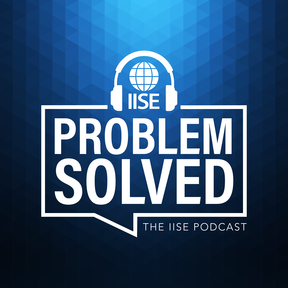
In this episode of "Problem Solved," Angie Jackman, an industrial engineer with NASA and project manager for the Mars Ascent Vehicle mission at the Marshall Space Flight Center, discusses her career and the role of industrial and systems engineers at the space agency with IISE member and Purdue University professor Barrett Caldwell.

Professor Barrett Caldwell and two IE students traveled to the U.S. Virgin Islands (USVI) on May 19-22, 2019, to help with disaster recovery planning.
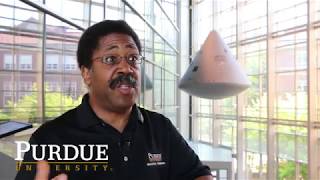
Prof. Barrett S. Caldwell discusses the importance of the Apollo 11 moon landing and its impact upon humankind and his own life.

During the Fall of 2018, the Indianapolis Symphony Orchestra (ISO) interviewed Dr. Barrett Caldwell about the intersection of engineering and music. The interview was played during ISO's 2019 concert series "From the Earth to the Moon and Beyond", in commemoration of the 50th anniversary of the Apollo Moon Landing in 1969.
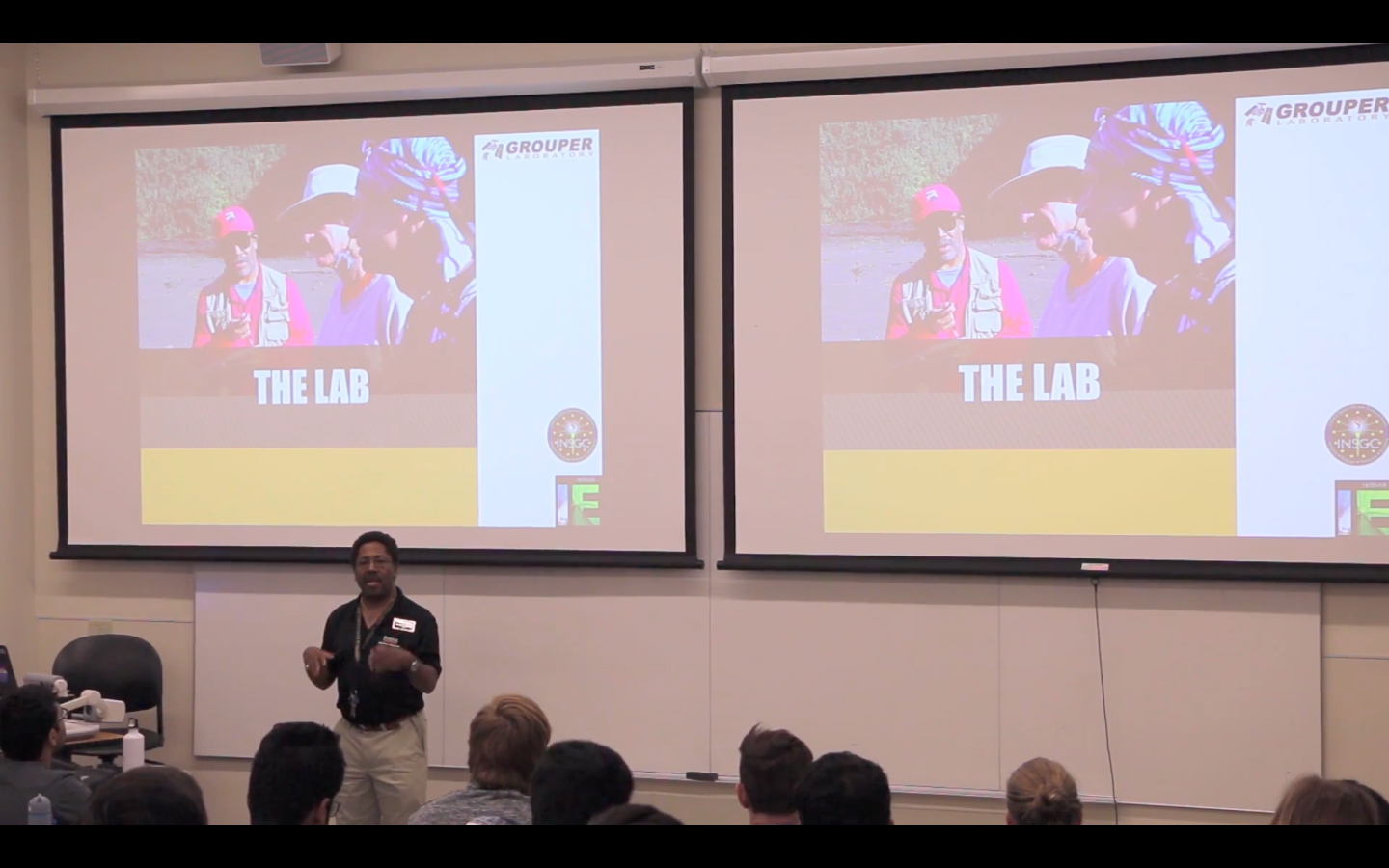
Prof. Caldwell presents some of his human factors research to new IE graduate students.
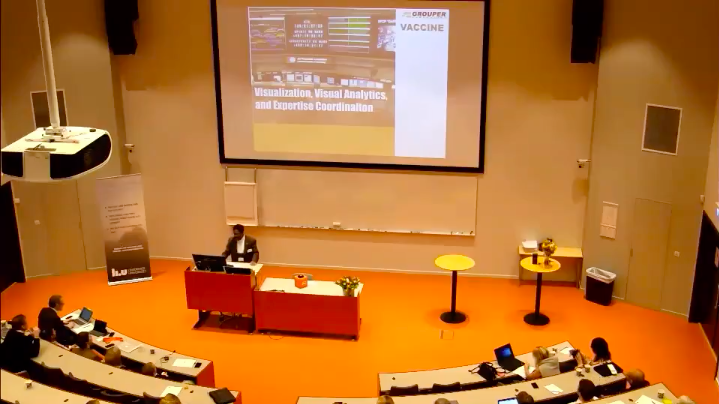
Prof. Caldwell delivers a lecture to Linköping University's Center for Advanced Research in Emergency Response (CARER).
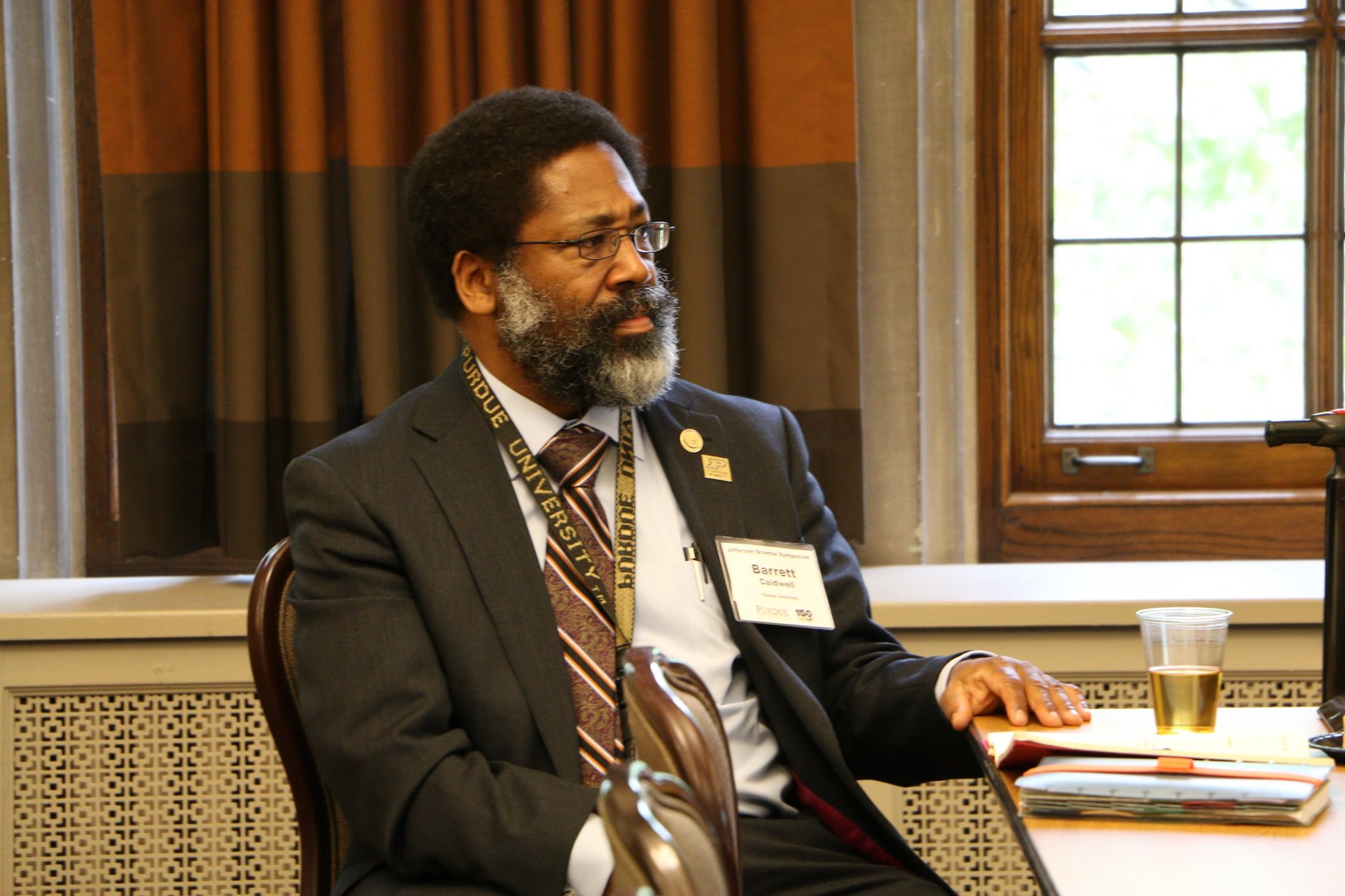
Prof. Caldwell organized and participated in the Workforce and Innovation Development Event (WIDE), which highlighted the impact of public-private partnerships between Indiana and Japanese industries on economic development and workforce enhancement in the state. Prof. Caldwell organized the May 2 forum at the request of the Consulate of Japan in Chicago and emceed the event.
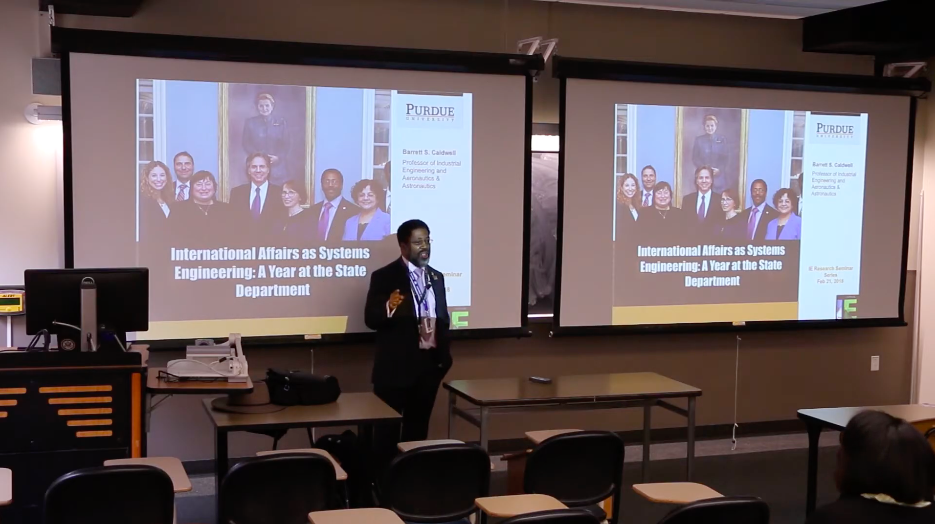
Prof. Caldwell speaks about his year at the U.S. Department of State in a lecture on international affairs as systems engineering. From August 2016 through August 2017, Prof. Caldwell served as a Jefferson Science Fellow assigned to the U.S. Department of State in Washington, DC.
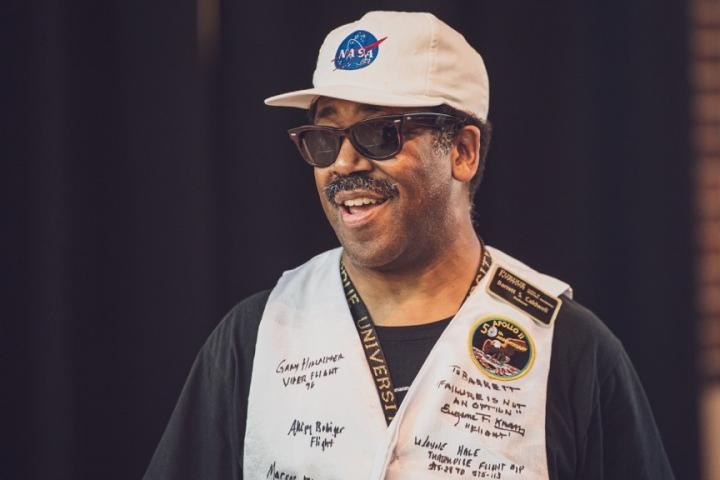
The Indiana Space Grant Consortium, headquartered at Purdue University, received a $2.8 million grant from NASA in 2016 to support student and faculty learning projects.
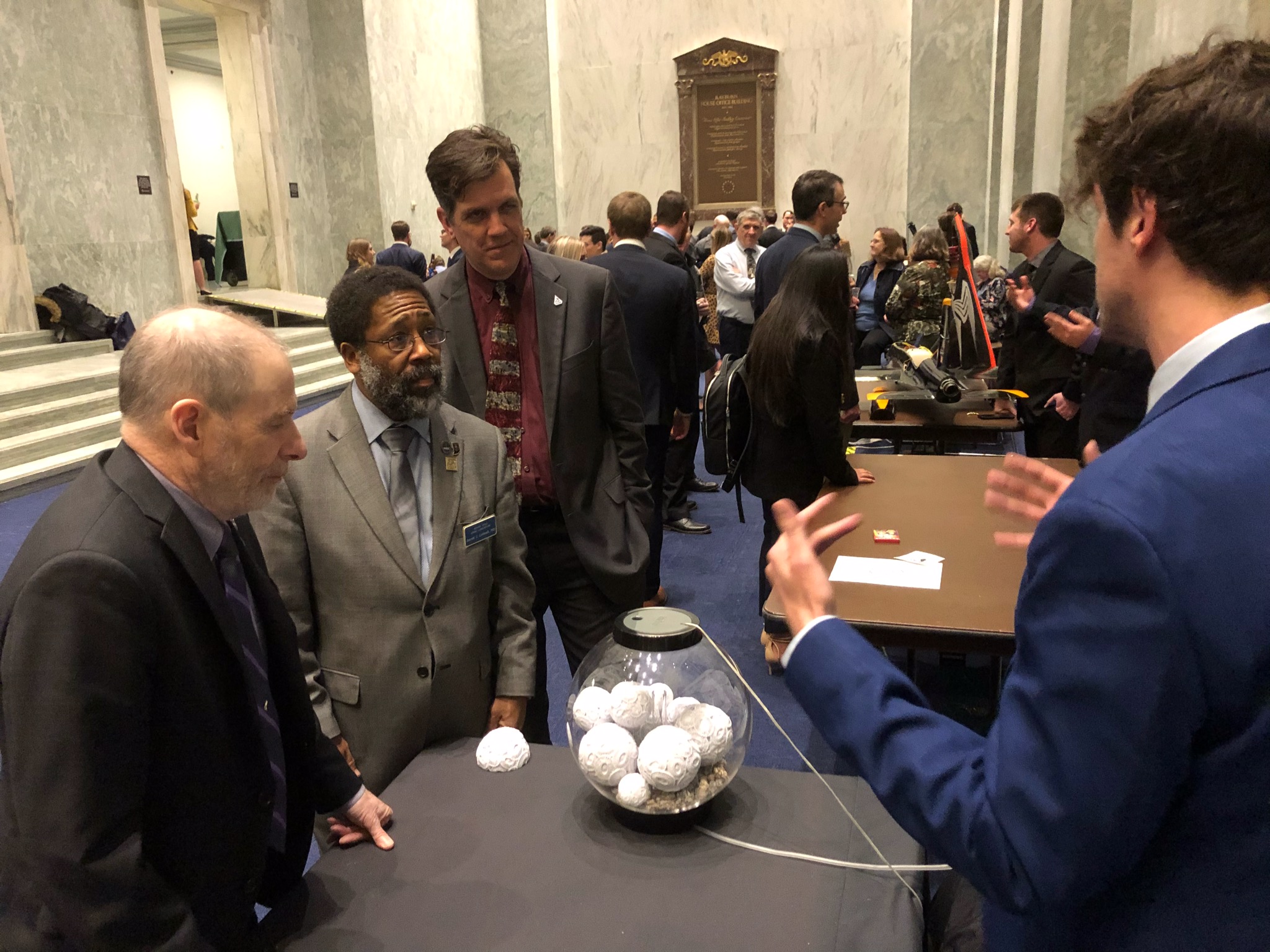
Professor Barrett S. Caldwell was named to the 2016-2017 class of Jefferson Science Fellows (JSF), an initiative of the Office of the Science and Technology Adviser to the U.S. Secretary of State. The JSF program was established in 2003 to further build capacity for science, technology, and engineering expertise within the U.S. Department of State and the U.S. Agency for International Development (USAID).